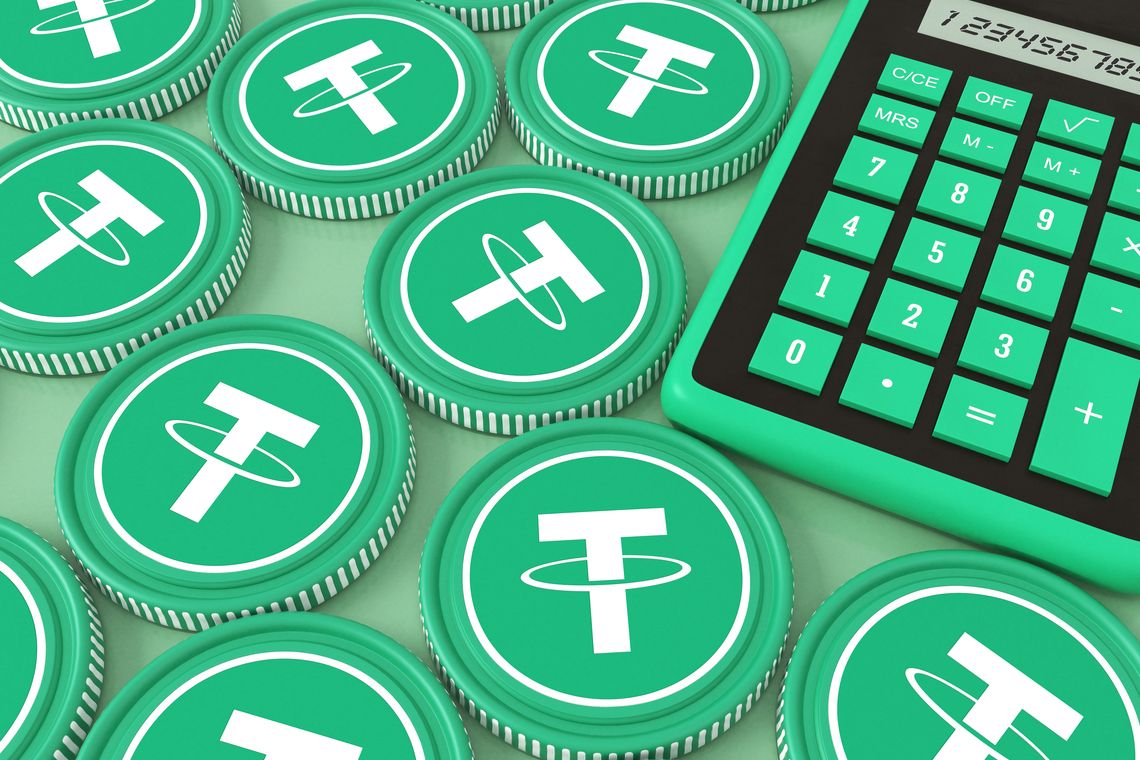Four cryptocurrency exchanges — including market leader Binance — are throwing money into Terra, a new stablecoin.
Stablecoins are sometimes-controversial cryptocurrencies meant to provide a safe haven for those looking to hold their digital assets’ value.
The most commonly known stablecoin is Tether (USDT), which is meant to be pegged to the US dollar. For example, users may sell their Bitcoin for USDT — as opposed to actual fiat currencies — allowing for quick and easy trades when the market is moving.

Aspirations in E-Commerce
As reported by Fortune, Terra is a new stablecoin project that has already raised $32 million from both cryptocurrency exchanges like Binance (via Binance Labs) and investment funds like Polychain Capital. Terra’s claim to fame, however, is that it is reportedly partnering with various e-commerce ventures in Asia in hopes of facilitating mainstream adoption of the cryptocurrency. Shin also claims the cryptocurrency will be beneficial to both consumers and merchants. The former will reportedly get discounts, while the latter will benefit from reduced transfer fees when compared to credit cards.
Reserve Funds
The largest question surrounding Terra is how it will actually maintain stability in an extremely volatile marketplace. Unlike Tether, which purports to be backed by USD at a 1:1 ratio, Terra has long-term plans to be stabilized by a secondary reserve cryptocurrency funded my small transaction fees. However, it first will need to be backed by the fiat currency provided by its investment partners — hopefully, $100 million. What do you think about Terra and other stablecoins? Do you think Tether is really backed by dollars at a 1:1 ratio? Let us know your thoughts in the comments below! [Full Disclosure: The author of this article holds Tether (USDT) at the time of this writing.]
Top crypto platforms in the US
Disclaimer
In adherence to the Trust Project guidelines, BeInCrypto is committed to unbiased, transparent reporting. This news article aims to provide accurate, timely information. However, readers are advised to verify facts independently and consult with a professional before making any decisions based on this content. Please note that our Terms and Conditions, Privacy Policy, and Disclaimers have been updated.

Kyle Baird
Kyle migrated from the East Coast USA to South-East Asia after graduating from Pennsylvania's East Stroudsburg University with a Bachelor of Science degree in 2010. Following in the footsteps of his grandfather, Kyle got his start buying stocks and precious metals in his teens. This sparked his interest in learning and writing about cryptocurrencies. He started as a copywriter for Bitcoinist in 2016 before taking on an editor's role at BeInCrypto at the beginning of 2018.
Kyle migrated from the East Coast USA to South-East Asia after graduating from Pennsylvania's East Stroudsburg University with a Bachelor of Science degree in 2010. Following in the footsteps of his grandfather, Kyle got his start buying stocks and precious metals in his teens. This sparked his interest in learning and writing about cryptocurrencies. He started as a copywriter for Bitcoinist in 2016 before taking on an editor's role at BeInCrypto at the beginning of 2018.
READ FULL BIO
Sponsored
Sponsored
